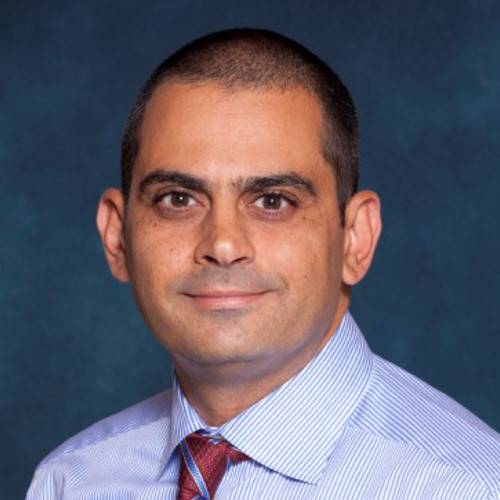Ascension Seton Williamson Sleep Center at Texas State University
How to contact
For information on scheduling a sleep study, please contact the Sleep Manager: 512-324-4363
FAX PRE-OPERATIVE ASSESSMENT FORM, SLEEP STUDY REFERRAL FORM, H&P AND FACE SHEET TO: fax 512.855.4938
Sleep Center Location:
Willow Hall, Lower Level
200 Bobcat Way
Round Rock, Texas 78665
Sleep Center Hours of Operation:
Monday through Thursday (8:30PM - 6:30AM)
Mission
With a mission to serve educational, research, and diagnostic needs, the Ascension Seton Williamson Sleep Center at Texas State University located on the Texas State University Round Rock campus serves community residents in the surrounding Williamson County area, students, staff, administration, and faculty. Fully accredited by The Joint Commission and Medicare/Medicaid, the Ascension Seton Williamson Sleep Center at Texas State University accepts insurance/third-party coverage and is equipped with state-of-the-art equipment and furnishings on the Round Rock campus in the stunning new Willow Hall. This four-bedroom--each with full bath and roll-in showers--offers comprehensive sleep diagnostics and therapeutics to patients 15 years old and older.
Sleep Center Medical Director

Dr. Said Soubra, MD, is a board certified specialist in pulmonary critical care and sleep medicine. As Medical Director of the Ascension Seton Sleep Center at Texas State University, he oversees the quality of patient care for all diagnostic procedures and monitors all sleep center policy. Dr. Soubra provides AASM-standard interpretation for sleep studies performed in the sleep center and he also serves as a consultant to many primary care physicians.Common Symptoms of Sleeping Disorders.
Ascension Seton Williamson Sleep Center @ Texas State University
Documents
Common Symptoms of Sleeping Disorders
Do you think you might be suffering from a sleep disorder? If you have the following symptoms, you may wish to take the quick sleep survey below (Berlin Questionnaire) to identify a potential sleeping disorder.
- Habitual, loud snoring
- Breathing pauses while asleep
- Fall asleep while driving
- Struggle to stay awake when inactive, such as when watching television or reading
- Difficulty paying attention or concentrating at work, school, or home.
- Performance problems at work or school
- Often told you look sleepy
- Difficulty remembering information
- Slowed responses
- Difficulty controlling emotions
- Need to take naps almost every day
- Morning tiredness and feeling a lack of rest even after sleeping
- Morning headaches
If you have three or more of these symptoms, please click on the Berlin Questionnaire assessment below. Fill it out and take it to your physician with your concerns about a possible sleep disorder.
